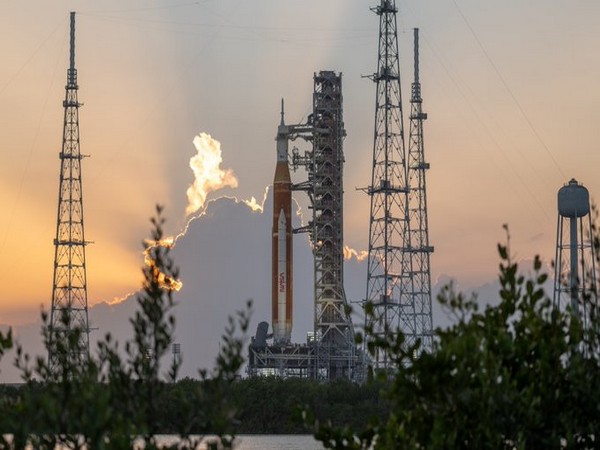
Washington: NASA once again postponed Artemis I moon rocket mission on Saturday after an issue was found related to a leak in the hardware transferring fuel into the rocket.
"The #Artemis I mission to the Moon has been postponed. Teams attempted to fix an issue related to a leak in the hardware transferring fuel into the rocket, but were unsuccessful," NASA tweeted. The US space agency was slated to launch the Artemis mission on Saturday after its earlier attempt failed this week due to a problem in one of its four engines.
"NASA is targeting 2:17 p.m. EDT on Saturday, Sept. 3, for the launch of Artemis I, the first integrated test of NASA's Space Launch System (SLS) rocket, Orion spacecraft, and the ground systems at the agency's Kennedy Space Center in Florida," the US space agency had said in a statement.
The Artemis I flight test is an uncrewed mission around the Moon that will pave the way for a crewed flight test and future human lunar exploration as part of Artemis.
"Managers waved off the first launch attempt on August 29 when launch controllers were unable to chill down the four RS-25 engines, with one engine showing higher temperatures than the other engines," NASA said in an earlier statement.
NASA had called off a planned test flight of the Artemis rocket around the moon after a series of setbacks including an engine issue, a hydrogen leak, and stormy weather off the coast of Florida.
"The launch of Artemis I is no longer happening today as teams work through an issue with an engine bleed. Teams will continue to gather data, and we will keep you posted on the timing of the next launch attempt," NASA said in an earlier tweet.
It's the first mission in NASA's Artemis lunar program, which is expected to land the agency's astronauts on the moon by its third mission in 2025.
NASA plans to fly Orion as close as 60 miles above the moon's surface, before moving into a wide orbit around the lunar body. To return, Orion will use the moon's gravity to assist it in setting a trajectory back into Earth's orbit.
Orion is expected to splash down in the Pacific Ocean off the coast of San Diego, California where a team of NASA and Department of Defence personnel will recover the capsule.